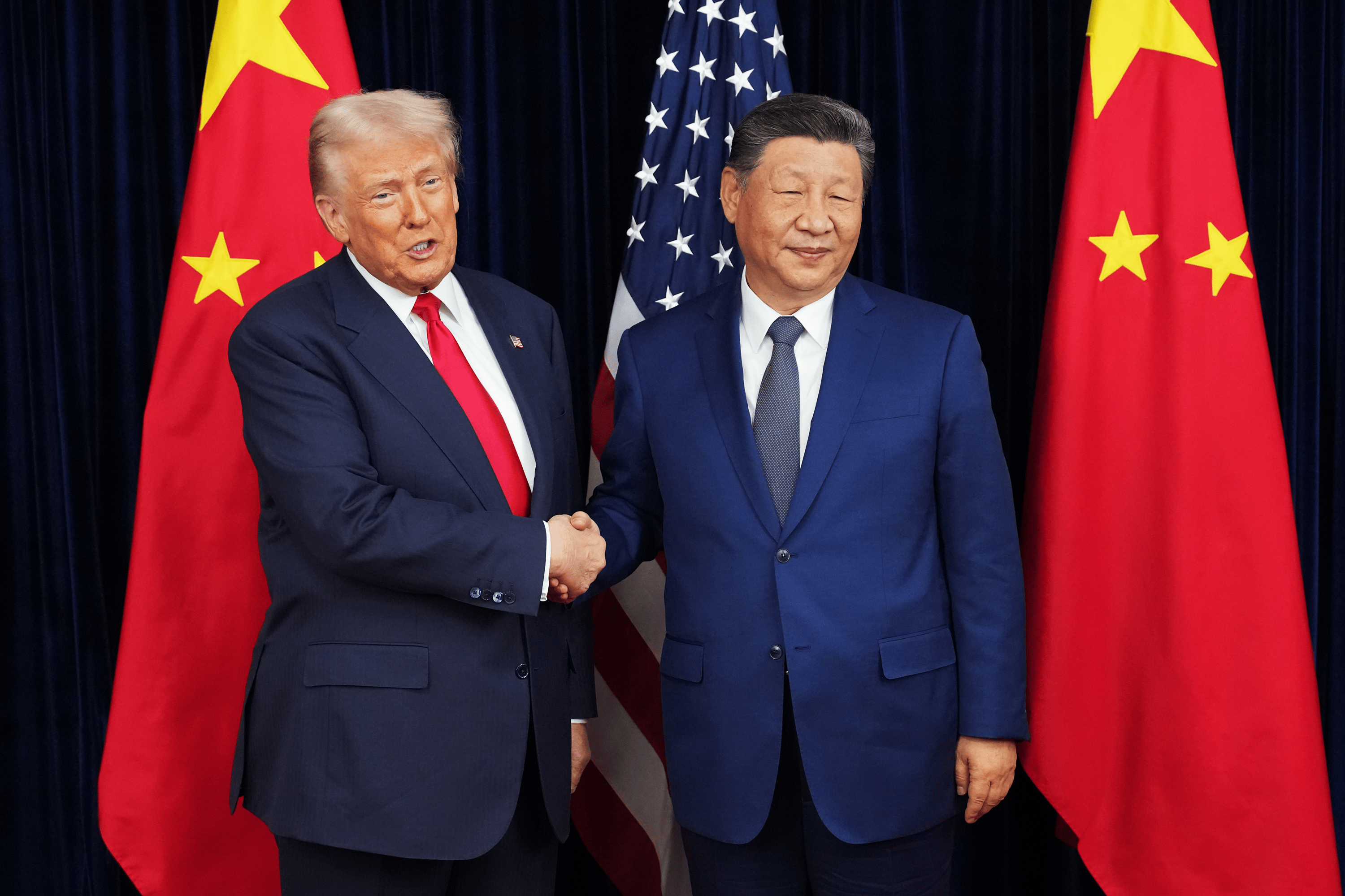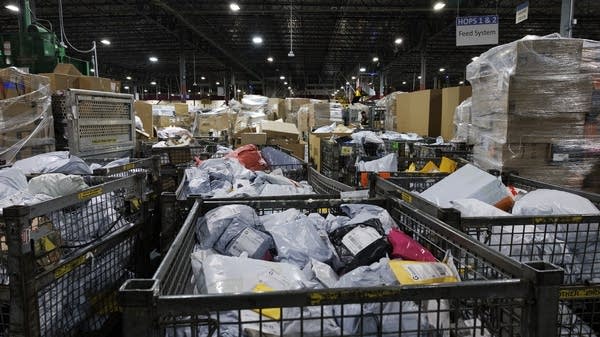Clothing, furniture, a new car: What goods should you buy before tariffs raise prices?
Experts say that if you were already planning to buy an appliance or car, it might be a good idea to take the plunge now.

Americans are loading up on canned food and electronics in anticipation of price hikes thanks to the Trump administration’s trade policies.
President Donald Trump has imposed duties on a variety of imports, including a 145% tariff on most Chinese products, a 25% tariff on steel, aluminum and automobiles, and a 10% baseline tariff on most goods. Exemptions include tariffs on imported goods from Mexico and Canada that are compliant with the U.S.-Mexico-Canada Agreement.
Tariffs are a tax that U.S. importers pay to the U.S. government. To make up for that tax, these importers either eat the costs or pass them along to you in the form of higher prices. Tariffs are expected to cost households nearly $5,000 a year, according to an April analysis from The Budget Lab at Yale.
Giant retailers, apparel companies, and automobile trade groups have warned that they will hike prices because of tariffs, while some online stores, like Shein and Temu, have already raised prices.
The good news is that companies have prepared for these tariffs by ordering extra inventory. Imports surged in the first quarter of 2025, according to the latest gross domestic product figures, while the transportation and warehouse sectors saw an increase of 29,000 jobs in April.
So consumers have a bit more time before they really start to see price increases across a broad range of goods, said Tyler Schipper, an associate professor of economics at the University of St. Thomas
As a general rule of thumb, if you’re considering stocking up on some items, you should ask yourself if it’s a good you consume often, if you can’t live without it, and if it’s non-perishable. If it meets all three criteria, then you might want to consider buying some extra supply, Schipper said.
“Anytime you might be wasting some of the product because it goes bad, then it's probably going to offset any of the gains you get relative to a tariff,” Schipper said.
Economist Jonathan Ernest from Case Western Reserve University said you should consider buying any durable goods you were already planning to, but he advises against panic buying. Not only could prices eventually go back down, but you could use that money for other important expenses or tuck it into your savings, especially since the probability of a recession has risen, Ernest said.
In early April, J.P. Morgan Research raised the probability of a recession happening this year from 40% to 60%.
“You might want to build up that nest egg instead, just in case anything happens with your hours at work or your job,” Ernest said.
Appliances and electronics
If it’s a durable good like an appliance then you should look at existing inventory and consider buying it if you were already planning to, Schipper said. Most of the microwaves and electric toasters people buy in the U.S. are imported from China.
We also import many other electronic goods from China, so consumers may want to think about buying video game consoles, computers and laptops earlier than they anticipated, Schipper said.
Thankfully, the Trump administration has postponed tariffs on smartphones and semiconductors, but we don’t know how long that delay will last, Schipper said.
Cars
If you are due for a new car or if you are planning to buy one within the next three months, you should consider buying it sooner rather than later, said Ivan Drury, director of insights at Edmunds, a car-review website.
Auto companies like General Motors said they’re not going to raise prices due to tariffs. But car dealerships might, Drury said.
Tariffs could bump up car prices by $6,000 for vehicles worth under $40,000, according to a Kelley Blue Book analysis that was published prior to the Trump administration’s latest auto relief measures. (Auto manufacturers who import parts are now eligible for tariff reimbursements.)
While prices are expected to go up, they’ve remained steady so far since some automakers have an excess supply of vehicles, Drury said.
Unless you’re looking for a very specific car, Drury said there are still plenty of options that are available to you — for now.
It could be tempting to wait and see if auto loan rates fall in the next couple of months, but “there’s a very real risk in that,” said Matt Schulz, chief consumer finance analyst at LendingTree.
“Higher prices could potentially outweigh any savings you might get from those lower rates,” Schulz said.
Furniture
If you’re shopping around for furniture, you also might want to snap up that new couch or chair.
“Impending tariffs might just be the nudge you need to make the purchase,” Schipper said.
But, while China is “a dominant player” in this space, we also import plenty of furniture from Vietnam, Canada and Mexico, Schipper said.
Vietnamese imports only face a 10% tariff right now, compared to China’s 145%, while imports from Mexico and Canada are exempt from tariffs if they’re compliant with the U.S.-Mexico-Canada Agreement.
“So, between existing inventory and other lower-tariff source countries, moving up furniture purchases doesn't seem to be as crucial as autos and appliances. Keep in mind though, we are seeing cancellations of ships from China, so there might be fewer options when you go to the store over the next couple of months,” Schipper said.
Clothing
The case for stocking up on clothing is weaker than furniture, Schipper said. While the U.S. imports a lot of apparel from China, it also imports clothing from countries with lower tariff rates, like Vietnam, Schipper said.
You also might not even want to wear these outfits later in the year.
“If you stockpile clothes today, what if you don't like it six months from now? What if it ends up not fitting you?” Schipper said. “It's understandable that people want to take action to avoid future price increases. I think it's also easy to overspend or misspend when you try to frontload purchases.”













